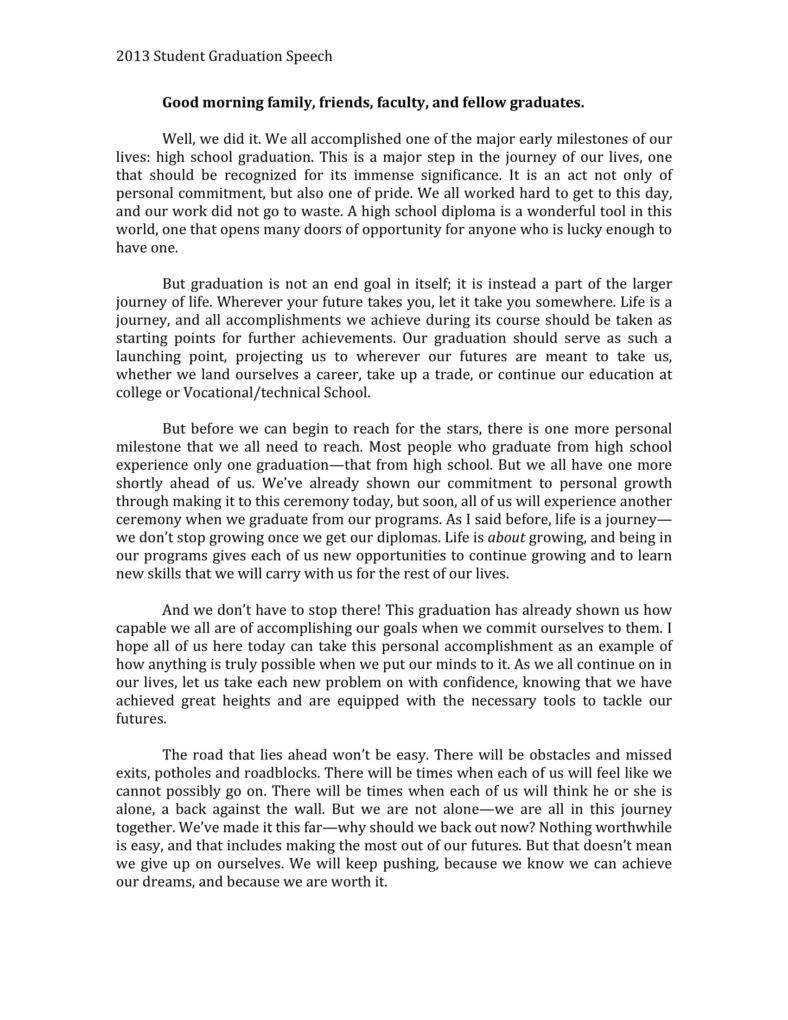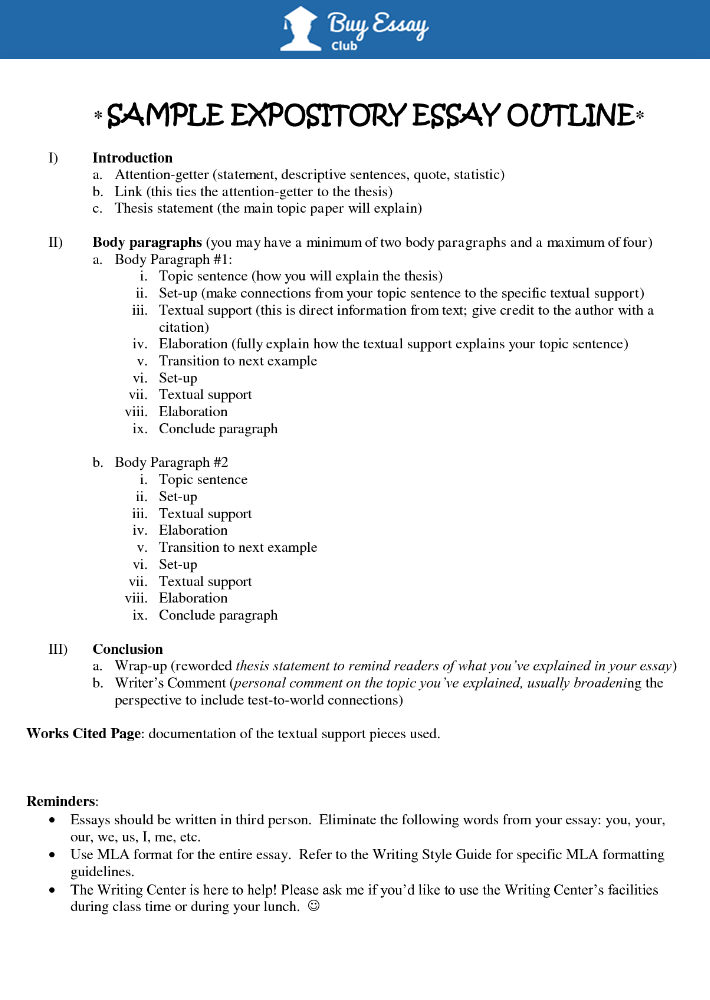14/11/ · By contrast, commemorative speeches memorialize values. In society, people tend to honor values such as kindness, dignity, bravery, and honesty. These positive traits from a loved one can serve as a centerpiece for a commemorative speech. Jump ahead to these sections Some types of commemorative speeches include the eulogy, the speech of nomination, the speech of goodwill, the wedding toast, and the award acceptance speech. You may also see presentation speech. Commemorative speeches are not simply informative, they act as a way for people to remember why they celebrate that in the first place 2/8/ · The goal of the commemorative speech is to show gratitude, outline important memories, and inspire people around you. When it comes to education, a commemorative speech is your last word at the graduation ceremony. You should pay home to
Tribute speech guide - how to prepare a commemorative speech
If you are writing a commemorative speech for someone who has passed away or for a celebration that commemorates a person, place, commemorative speech outline on a person event, you need to write something meaningfulrespectful, and courteous.
When making a tribute to someone or something with your words, let others know you care. Highlight why this person, place, or organization was and continues to be important. Before writing a commemorative speech, brainstorm some ideas for information you can include in your speech. Rather than trying to write out the whole speech at once, start with a list of elements you want to include. To identify those elements, consider the following questions:.
Your aim is to make the audience remember. You also want to express yourself and motivate others to feel just as strongly. Sometimes these speeches are filled with emotion, and other times, they are filled with inspiration, hope, and information. When writing, ask friends, family, and colleagues to listen to your work and help add clarity to the points you're trying to make.
Even speeches given by experts can be difficult for a live audience to follow, and it's all the more difficult when emotions are running high. Something on paper that makes sense might not be as easy to follow when spoken aloud. Ask others for advice about changing phrasing, word order, and even speech patterns so your writing becomes comprehensible. Remember, constructive criticism isn't an attack on your work.
No work on your written commemorative speech outline on a person can replace the vital input derived from giving the speech out loud and incorporating feedback. Before you get to the editing stage, however, make sure your speech follows the three laws of commemorative speechwriting. If you still don't feel inspired, talk to others who have been motivated and inspired by the thing you are commemorating. See if you can draw ideas and inspiration from their passion.
A commemorative speech might be addressing anyone or, indeed, anything. It can be understandably difficult to start writing with so little to go on.
We've assembled a few examples of how to address particular subjects that might be of use to you. Recognize that you will probably be speaking in front of an audience of different backgrounds - some people might be very familiar with the topics you discuss, while some might be listening to this information for the first time.
Do not use this speech as a chance for self-promotion or to share your hubris. If you are worried about how people will perceive you - like how your boss may be in attendance - remember that if you can give a selfless speech, this will speak more than threading personal pats-on-the-back into what you have to say. When writing a commemorative speech, keep it simple, respectful, and honorable, and people will want to listen. For more help, look at our six tips for giving a great speech.
Break a leg! Home Grammar Writing a Commemorative Speech. Writing a Commemorative Speech. Brainstorming Topic Ideas Before writing a commemorative speech, brainstorm some ideas for information you can include in your speech.
To identify those elements, consider the following questions: How can you respectfully share the significance of this person with others? If someone were giving this speech about you, what would you want them to say? What key memories, ideas, or information about this person do you want to share with a greater audience? What stories would you want to hear if you were listening to this commemorative speech? Who was this person to you, specifically? Who were they to the people in the audience?
What are the relationships between people that you want to highlight? Balance tradition and formality with personal touches. The basic structure of formal speech can be summed up in the classic business adage: "Tell them what you're going to tell them; tell them; then tell them what you told them. Use that basic pattern to construct your speech. However, you'll likely sound distant and artificial until you lighten up the text with some personal observations.
Respect your subject, your audience, and yourself. People judge both the speaker and the subject by the speech. Write from the commemorative speech outline on a person edit with the head. An audience can tell when you're speaking about something that isn't important to you.
At the same time, it's important to look over your text in a detached manner and identify which parts will resonate with the audience, as opposed to things just personal to you. If you have trouble, ask a friend to look it over.
Commemorative Speech Examples A commemorative speech might be addressing anyone or, indeed, commemorative speech outline on a person, anything. About a Colleague or Supervisor: Whether you're giving a speech about someone you work with or work for, the approach is largely the same. Keep the tone professional, with just a short anecdote or two for sweetening.
Focus on specifics. Why does this person mean so much to you? About a Friend: In terms of tonethis sits between what you might write about a work colleague and what you might write about a parent. You can share a few stories, but you should also focus on the real, concrete importance of this person in your life. It's also very easy for a speech about a friend to turn into a speech about yourself. Focus on their accomplishments, not your own.
About a Parent: No one expects a speech about one of your parents to be dry and clinical. Don't shy away from an anecdote or two, and don't be afraid to tug on some heartstrings.
About Someone in the Room: This is hard mode. You have to strike a balance between funny, respectful and detailed, commemorative speech outline on a person. Restrain the urge to acknowledge the person or make them accept a round of applause. At most, do it once. Ideally, not at all. Speak as best you can as if they weren't there, sharing what they mean to you. About Someone Who Has Passed: Obviously, respect and restraint are called for here. At the same time, you should honor the effect this person had on your life.
Engage the audience: talk about events you all might have shared with the person, commemorative speech outline on a person, or aspects of their life you all knew about. Tips and Tricks for Writing Your Best Speech Recognize that you will probably be speaking in front of an audience of different backgrounds - some people might be very familiar with the topics you discuss, while some might be listening to this information for the first time, commemorative speech outline on a person.
Be clear with your words. For example, take the time to explain things instead of using jargon that might go over some people's heads. Be personal - up to a point. A brief anecdote or joke about your relationship with the subject is welcome. After all, the audience has a relationship with the subject too. Commemorative speech outline on a person said, the operative word is brief. An anecdote is a hook to get people's attention. The rest of the speech should focus on the subject.
Don't talk down to your audience. Acknowledge what they already know and share new things with a tone of conversation between equals, as opposed to showing off your own knowledge.
Keep it simple. Clarity stays with people. Florid wording makes them tune out. Remember that this speech is not about you, nor is it really about the subject. Commemorative speech outline on a person all comes down to the audience. Commit your speech to addressing their feelings, helping them to express themselves, and representing their collective voice. Speaking Well Do not use this speech as a chance for self-promotion or to share your hubris.
Post a comment.
Outlining the Persuasive Speech
, time: 20:494 Free Commemorative Speech Outlines & Templates to Use | Cake Blog

A commemorative speech also known as a ceremonial speech is a type of talk given on a special occasion or event to celebrate a particular situation, event or a person/group. It is mostly given to pay tribute or show gratitude towards an event, idea or person Some types of commemorative speeches include the eulogy, the speech of nomination, the speech of goodwill, the wedding toast, and the award acceptance speech. You may also see presentation speech. Commemorative speeches are not simply informative, they act as a way for people to remember why they celebrate that in the first place 2/8/ · The goal of the commemorative speech is to show gratitude, outline important memories, and inspire people around you. When it comes to education, a commemorative speech is your last word at the graduation ceremony. You should pay home to

No comments:
Post a Comment